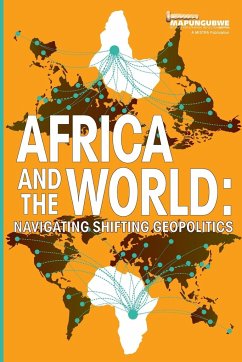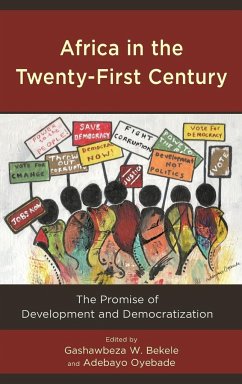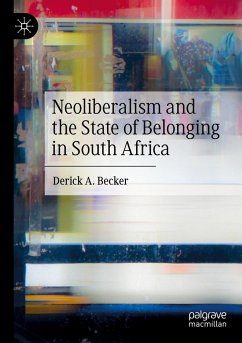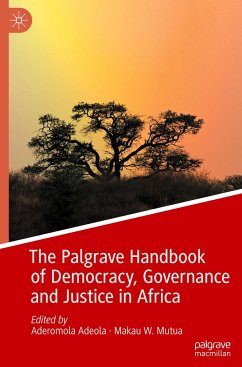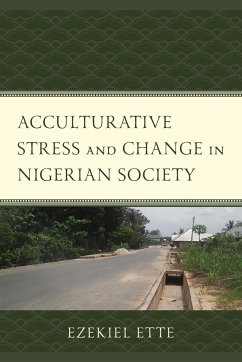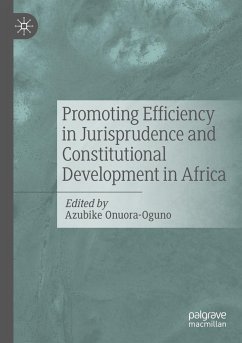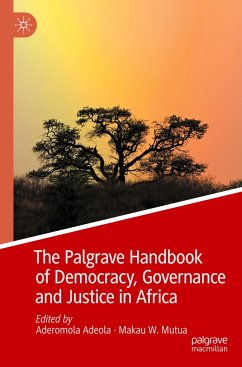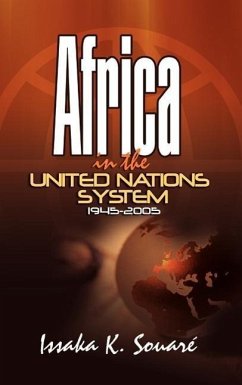
Africa in the United Nations System (1945-2005)
Versandkostenfrei!
Versandfertig in 1-2 Wochen
35,99 €
inkl. MwSt.

PAYBACK Punkte
18 °P sammeln!
Though there have been numerous studies on the United Nations, only a few have dealt comprehensively with Africa's relations with the world body. This book attempts to fill this lacuna by providing a systematic assessment of Africa's relationship with the World body, from its foundation in 1945 to its sixtieth anniversary in 2005. The premise of the book's argument is that to properly understand Africa's current relationship with the UN, it is necessary to first understand the history and theoretical underpinnings behind the formation of the world body, including the expectations and motives o...
Though there have been numerous studies on the United Nations, only a few have dealt comprehensively with Africa's relations with the world body. This book attempts to fill this lacuna by providing a systematic assessment of Africa's relationship with the World body, from its foundation in 1945 to its sixtieth anniversary in 2005. The premise of the book's argument is that to properly understand Africa's current relationship with the UN, it is necessary to first understand the history and theoretical underpinnings behind the formation of the world body, including the expectations and motives of the different stakeholders. The book shows that there have been some real successes in Africa's relationship with the world body - such as the joint efforts against the Apartheid regime in South Africa - as well as real failures - such as in the genocide in Rwanda. Based on this, it concludes that Africa's relationship with the United Nations has worked for the most part, and will work even better, if Africa sees its partnership with the UN as complementary to it own efforts, projects and initiatives rather than something to depend on.



